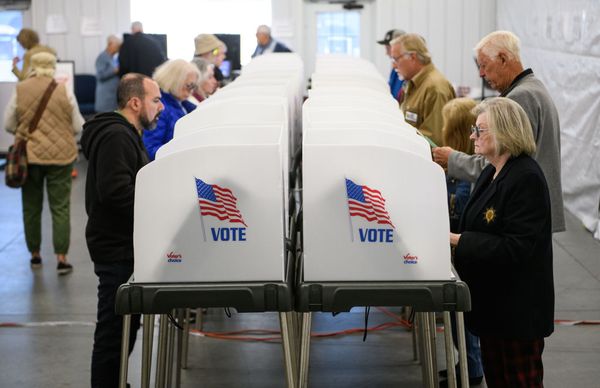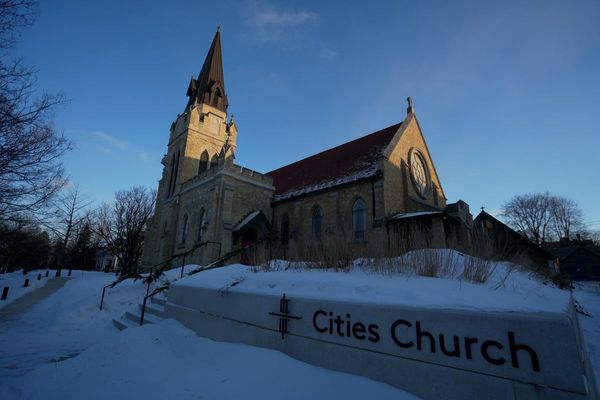PHILADELPHIA — Gov. Tom Wolf announced the marijuana pardon project as a program that could potentially help thousands of Pennsylvanians with minor cannabis convictions clear their records. But far fewer people will actually receive that benefit.
More than 2,600 people submitted 3,539 applications during the program’s acceptance window from Sept. 1 to Sept. 30. Of those who applied, 231 will receive a final public hearing later this month, when the Board of Pardons will vote on which applications to send to the governor for final approval. Another 434 people had their applications held for review.
(There are more applications than applicants because some people had multiple submissions — one per charge or per county.)
A vast majority of applications were denied at a board meeting last week because they did not meet the program’s requirements, said Wolf’s deputy press secretary Emily Demsey. Only people who had convictions for possession of small amounts of marijuana could use the program, and having convictions for any other crimes on their record disqualified them.
“The Pennsylvania Marijuana Pardon Project was a first of its kind project with a goal to pardon a large amount of people with select minor, non-violence marijuana criminal convictions since the governor cannot unilaterally issue pardons and the General Assembly has yet to act to legalize adult-use marijuana,” Demsey said. “It is the hope of Gov. Wolf that the next administration will continue working to improve this process and give people with these offenses their rightful clean slates, until marijuana becomes legal in Pennsylvania.”
Of the 231 applicants who will receive a hearing, 14 came from Philadelphia. During the program’s acceptance window, 197 applications were submitted from the city. Montgomery County saw 13 successful submissions from its initial 175, Delaware County 10 of 181 submissions, and Bucks County 2 of 111 submissions. Chester County, which had 61 submissions, did not have any applicants receive a hearing, data from the governor’s office shows.
Forty-six of Pennsylvania’s 67 counties will have at least one person receiving a hearing. All but one county — Cameron County, the state’s least-populous — had at least one application submission.
Chris Goldstein, a regional organizer for the National Organization for the Reform of Marijuana Laws, attributed the relatively low number of hearings granted not only to the program’s limited application acceptance period, but also its restricted list of pardonable convictions. Often, he said, people who are arrested for marijuana possession also receive a related charge for paraphernalia — pipes or rolling papers, for example. That additional charge would have disqualified them from the project.
“You had to have a single, standalone charge, so it’s very narrow. That one moment where the person gets that charge ... generates a number of charges,” Goldstein said. “Because of narrow guidelines, it doesn’t matter what else is on the record — it just has to be something else. It’s tough.”
But, Goldstein added, that narrowness in scope is the nature of executive pardons, whether they are gubernatorial or presidential. President Joe Biden’s marijuana pardon proclamation from October, for example, is similarly narrow, and only clears the records of people who were convicted of simple possession of marijuana under federal law from 1992 through 2021. That move impacted about 6,500 people — of which Goldstein is one, due to a federal marijuana conviction he received in 2014 in connection with a cannabis prohibition protest at Independence National Historic Park.
But despite the limited number of people these types of programs impact, they are no less restorative to the folks who benefit. For people with criminal records, pardons can provide an important avenue of relief. Marijuana convictions can impact things like finding employment or housing, or pursuing higher education. While a pardon doesn’t seal a criminal record from view like having it expunged, it does restore rights that conviction can take away.
“To those 231 people like me with my federal pardon, it is going to mean something significant in their lives,” he said. “A pardon, when nothing else is being done, is something.”
———







